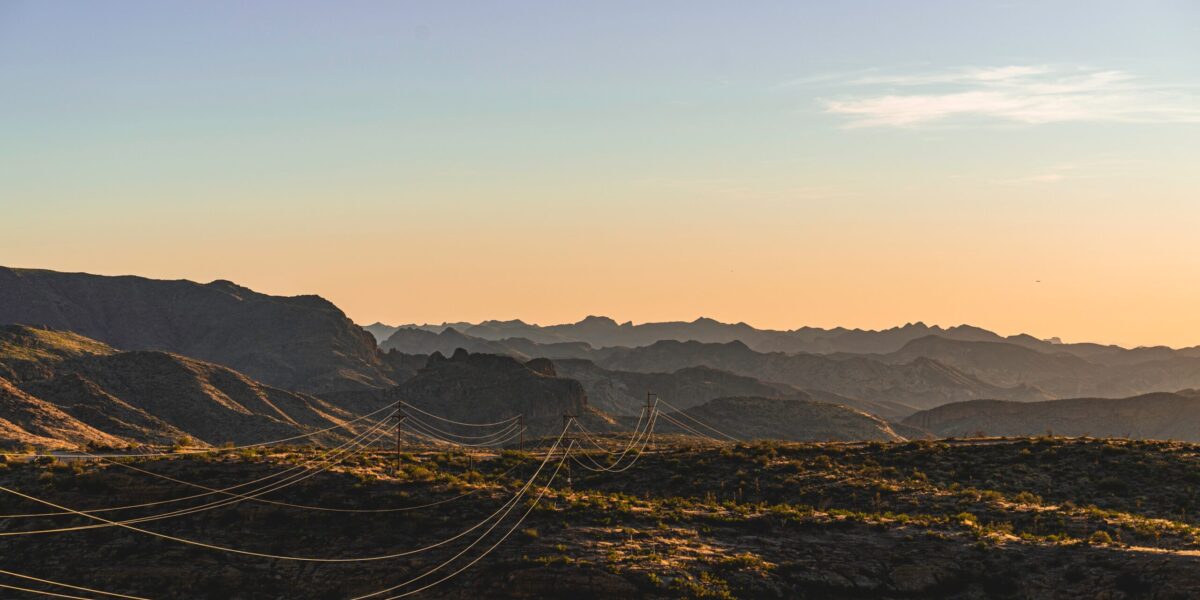This article was originally published on the MC USA website on May 21, 2024.
ELKHART, Indiana (Mennonite Church USA) — The Mennonite Church USA Executive Board and MC USA’s Pacific Southwest Mennonite Conference filed an amicus brief on April 25, 2024, in support of Apache-Stronghold’s petition for a new full-court hearing on the potential destruction of Oak Flat, a sacred Indigenous site in Arizona.
Nineteen additional churches and organizations also signed on as amici curiae, or friends of the court, including Mennonite Mission Network, Mennonite Men and numerous MC USA-affiliated congregations.
Oak Flat is a sacred Indigenous site known to Apaches as Chi’chil Bildagoteel. It has been at the heart of a 20-year struggle by Apache and other Southwestern Indigenous peoples to prevent the federally owned site from being given to Resolution Copper, a Phoenix-based affiliate of British-Australian mining companies, Rio Tinto and BHP Billiton, for a new copper mine.
In March 2024, a rare “en banc” panel of 11 judges from the Ninth Circuit Court of Appeals ruled in Apache-Stronghold v. United States that the federal government can transfer the sacred Oak Flat site to Resolution Copper. Apache-Stronghold, a non-profit Apache-led organization, appealed the decision and petitioned the court, arguing that “the en banc court got it wrong and that this error warrants a full court review.”
The amicus brief supports Apache-Stronghold’s position as a right to religious freedom under the Religious Freedom Restoration Act of 1993 (RFRA). It draws from a previous amicus brief that was filed on behalf of MC USA and the Pacific Southwest Mennonite Conference in 2023. The new brief, however, focuses on the court’s expressed concern that ruling for the Apache-Stronghold would create a “slippery slope” for future RFRA claims about federal land, according to Eric N. Kniffin of Kniffin Law PLLC, Colorado Springs, Colorado, who wrote the new brief.
“In this case, the Apache have an unparalleled historical connection to Oak Flat … and the government act they challenge would unquestionably destroy this sacred site,” writes Kniffin in the brief. “These characteristics are relevant to the RFRA analysis and would help courts, in appropriate cases, distinguish between the Apache’s RFRA claim here and other religious groups seeking access to federal land.” He notes that the Western Apache have been making pilgrimages to this spot since before the Mennonite tradition was founded in Switzerland in 1525 and even before William of Normandy invaded England in 1066.
“Mennonites resonate with the Apache’s attachment to Oak Flat,” wrote Kniffin in the brief. “Like the Apache, caring for creation and receiving care from God’s natural world is woven into the Mennonite faith, from its heritage in rural farming to its practice of planting peace gardens at the sites of urban gun violence. Both traditions know God tends us through creation.”








